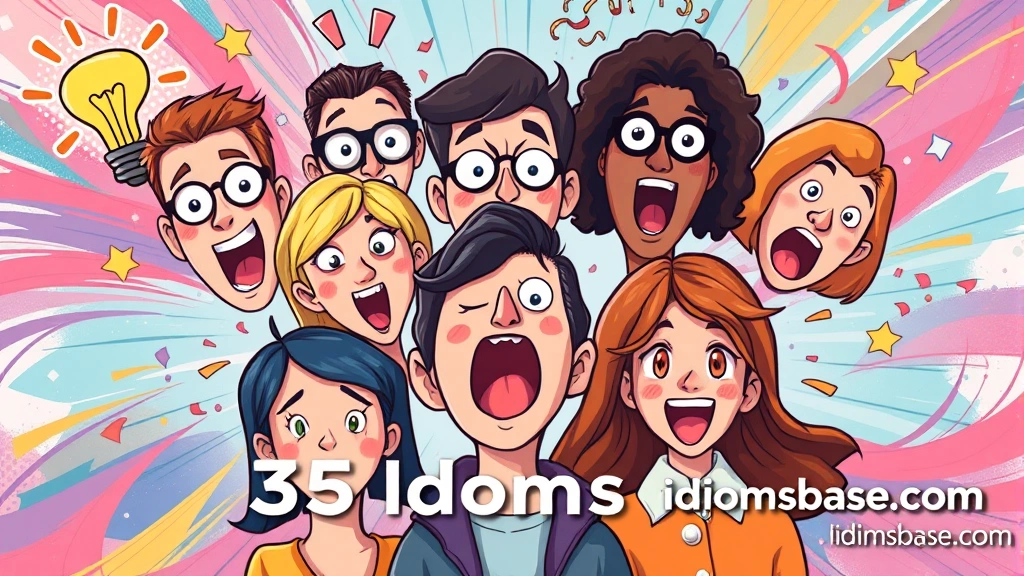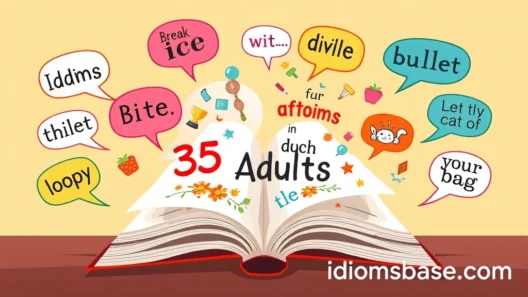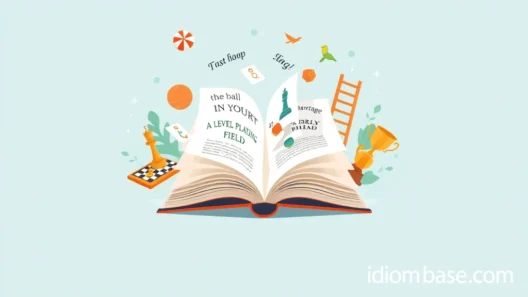Have you ever been utterly speechless, your jaw practically on the floor, because something completely unexpected happened? We’ve all been there, right? That moment when your brain is trying to catch up with reality, and all you can manage is a wide-eyed stare. It's a truly universal feeling, that jolt of the unexpected!
Sometimes, words just aren't enough to capture that feeling of being caught off guard. That's where idioms come in! These colorful phrases are like little linguistic shortcuts, painting a vivid picture of exactly what you're experiencing. They add zest to our conversations and make our language so much richer. Get ready to explore 35 fantastic idioms that perfectly describe that wonderful, sometimes bewildering, sensation of surprise!
35 Idioms for Surprise
Here’s a delightful collection of idioms that will help you express surprise in all its forms, from mild astonishment to utter shock!
-
Caught off guard: This means you were unprepared for something that happened. Imagine someone sneaking up on you!
- Example: "Her sudden resignation caught everyone off guard."
-
Taken aback: This describes a feeling of being surprised or disconcerted. It's like taking a step backward emotionally.
- Example: "I was taken aback by his blunt honesty."
-
Stunned: When you're stunned, you're so shocked that you can barely react. It's a powerful feeling of disbelief.
- Example: "The news left her utterly stunned."
-
Flabbergasted: This is a wonderfully expressive word for being utterly astonished. Your mouth might literally hang open!
- Example: "He was flabbergasted when he won the lottery."
-
Gobsmacked: A British idiom meaning utterly astonished. It suggests a physical reaction of surprise, like being hit in the mouth with a surprise!
- Example: "I was absolutely gobsmacked by the transformation of the old house."
-
Speechless: When you're speechless, you're so surprised or overwhelmed that you can't utter a single word.
- Example: "The beauty of the Grand Canyon left me speechless."
-
Dumbfounded: Similar to speechless, this means you're so shocked that you're temporarily unable to speak or think clearly.
- Example: "The magician's trick left the audience dumbfounded."
-
Blown away: This indicates being extremely impressed or overwhelmed by something. It's a positive kind of surprise!
- Example: "I was blown away by her performance."
-
Knock your socks off: This idiom means to impress or surprise someone greatly, often in a very positive way.
- Example: "That new movie is going to knock your socks off!"
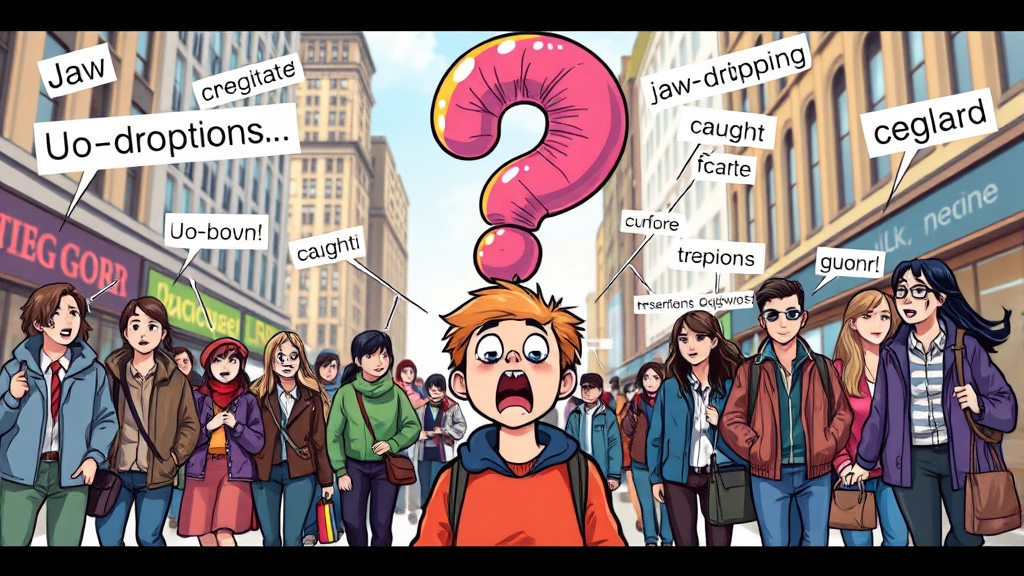
-
A bolt from the blue: This describes something completely unexpected and often unpleasant, like a sudden lightning strike on a clear day.
- Example: "His resignation came as a bolt from the blue."
-
Out of the blue: Similar to "a bolt from the blue," this means something happened suddenly and unexpectedly.
- Example: "She called me out of the blue after years of no contact."
-
Pop up: When something "pops up," it appears suddenly and unexpectedly.
- Example: "An old friend popped up at the party."
-
Catch by surprise: This simply means to surprise someone.
- Example: "The sudden rain caught us by surprise."
-
Drop your jaw: This is a physical expression of extreme surprise, where your mouth literally drops open.
- Example: "The revelation made everyone drop their jaws."
-
Eyes pop out: An exaggerated way to say someone is extremely surprised, as if their eyes are literally bulging.
- Example: "When he saw the bill, his eyes nearly popped out."
-
Stop dead in your tracks: This means to stop suddenly because you are very surprised or shocked.
- Example: "I stopped dead in my tracks when I saw the familiar face."
-
Hit you like a ton of bricks: This describes news or an event that affects you very strongly and suddenly, often negatively.
- Example: "The news of the accident hit him like a ton of bricks."
-
To raise an eyebrow: This indicates mild surprise or skepticism, often expressed with a slight lift of one eyebrow.
- Example: "His unusual request made me raise an eyebrow."
-
To do a double-take: This means to look at something, then look away, and then look back again because you can't believe what you saw.
- Example: "I did a double-take when I saw my old teacher working at the coffee shop."
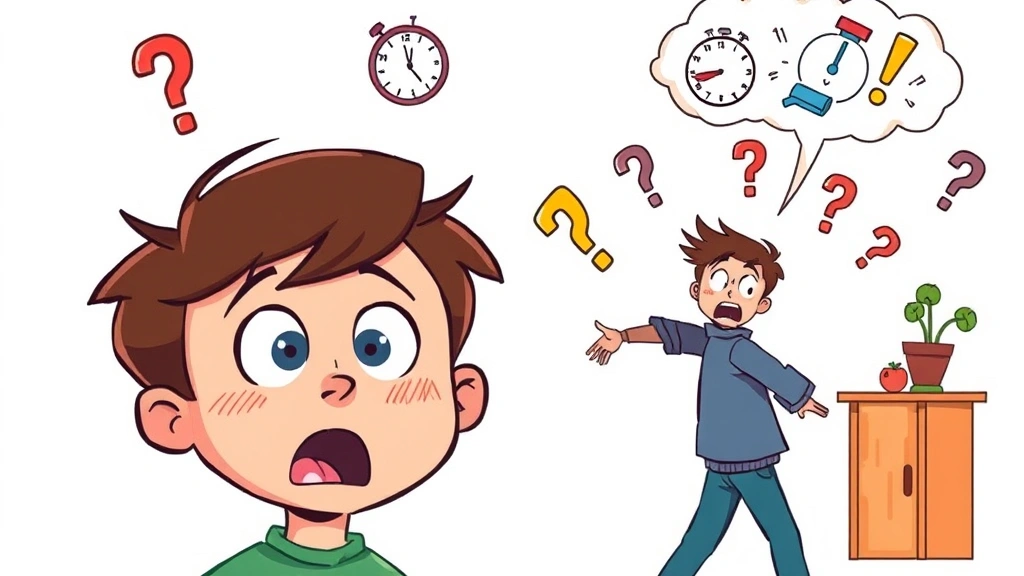
-
Well, I’ll be a monkey’s uncle! This is an old-fashioned, humorous expression of surprise or disbelief.
- Example: "Well, I'll be a monkey's uncle! I never thought I'd see him here."
-
You could have knocked me over with a feather: This idiom expresses extreme surprise, suggesting you were so shocked that even a tiny push would have toppled you.
- Example: "When she told me she was engaged, you could have knocked me over with a feather."
-
To catch someone unawares: Similar to "caught off guard," this means to surprise someone when they are not expecting it.
- Example: "The sudden question caught him unawares."
-
To jump out of your skin: This vividly describes being so surprised or startled that you physically jump.
- Example: "The sudden noise made me jump out of my skin."
-
To open your eyes: This means to realize something surprising or previously unknown.
- Example: "That experience really opened my eyes to the challenges they face."
-
To take your breath away: This describes something so beautiful, impressive, or surprising that it makes you gasp.
- Example: "The view from the mountaintop took my breath away."
-
To be in for a surprise: This means someone is about to experience something unexpected.
- Example: "If he thinks he can get away with that, he's in for a surprise."
-
To be taken by surprise: This is a straightforward way to say you were surprised by something.
- Example: "We were taken by surprise by the sudden snowstorm."
-
To spring a surprise on someone: This means to do something unexpected to someone.
- Example: "They decided to spring a surprise party on her."
-
To have a surprise in store: This means there's something unexpected waiting to happen.
- Example: "Just wait, we have a big surprise in store for you!"
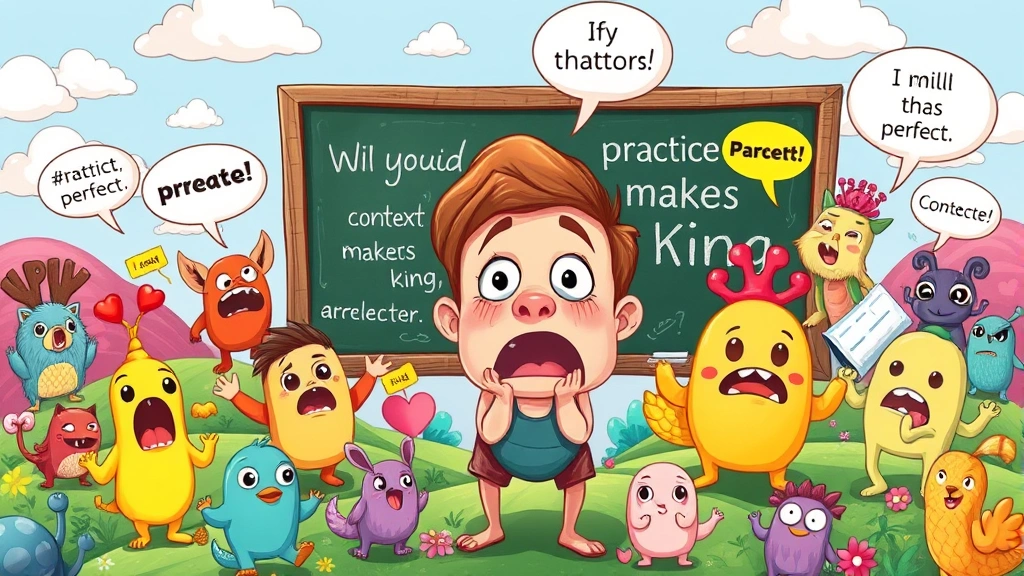
-
To be caught flat-footed: This means to be unprepared or surprised by an event or situation.
- Example: "The company was caught flat-footed by the sudden change in regulations."
-
To make your jaw drop: This is another way to say something causes extreme surprise or amazement.
- Example: "The magician's final trick made everyone's jaw drop."
-
To drop a bomb/bombshell: This means to reveal shocking or unexpected news.
- Example: "She dropped a bombshell when she announced she was moving to another country."
-
To see stars: While often used for a physical blow, it can also describe the disorienting feeling of sudden shock or surprise.
- Example: "The sudden news made him see stars for a moment."
-
To have a rude awakening: This means to experience a sudden and unpleasant realization of the truth, often after being overly optimistic or naive.
- Example: "He thought the job would be easy, but he had a rude awakening."
- To be wide-eyed: This describes someone with eyes wide open from surprise, wonder, or fear.
- Example: "The children were wide-eyed with excitement at the circus."
Key Takeaways
- Idioms are super fun! They add color and vividness to our language, helping us express complex emotions like surprise in a concise way.
- Surprise comes in many flavors. From mild astonishment to utter shock, there's an idiom for almost every nuance of unexpectedness.
- Practice makes perfect. The best way to master these idioms is to use them in your conversations and writing. Don't be shy!
- Context is king. Remember that the meaning of an idiom can sometimes depend on the situation, so pay attention to the surrounding words.
So, the next time something unexpected happens, you'll have a whole arsenal of fantastic phrases to perfectly capture that moment of "Wow!"
Frequently Asked Questions
Q1: Why are idioms important in English?
Idioms are incredibly important because they make language more vibrant, expressive, and nuanced! They allow us to convey complex ideas and emotions with just a few words, often in a way that literal language can't. Plus, understanding idioms is key to truly grasping the subtleties of spoken and written English, especially in casual conversation. They’re like secret codes that native speakers use!
Q2: Can I use these idioms in formal writing?
It depends on the idiom and the context! Many of these idioms, especially the more colorful ones like "gobsmacked" or "you could have knocked me over with a feather," are best suited for informal conversations, creative writing, or personal essays. However, some, like "caught off guard" or "taken by surprise," are quite common and can appear in more formal settings, though perhaps not in a highly academic paper. Always consider your audience and the purpose of your writing!
Q3: How can I remember so many idioms?
Great question! Remembering idioms is like learning new vocabulary – it takes practice and exposure. Here are a few tips:
- Use them! Try to incorporate one or two new idioms into your conversations or writing each week.
- Contextualize them: Think of a personal situation where an idiom would fit perfectly. The more you connect it to your own experience, the better you'll remember it.
- Visualize them: Many idioms create strong mental images (like "eyes pop out" or "hit you like a ton of bricks"). Let those images help you recall the meaning.
- Read widely: The more you read English books, articles, and watch movies/TV shows, the more you'll encounter idioms in natural contexts.
Q4: Are there regional differences in idioms for surprise?
Absolutely! English is a global language, and different regions have their own unique flair. For example, "gobsmacked" is very common in British English, while Americans might lean more towards "blown away" or "stunned." While many idioms are understood globally, some have stronger regional ties. It's part of what makes language so fascinating!
Q5: Can idioms have more than one meaning?
Yes, sometimes! While the idioms listed here primarily relate to surprise, some words or phrases can have multiple idiomatic meanings depending on the context. For instance, "to be floored" can mean surprised, but it can also literally mean to be knocked to the ground. Always pay attention to the surrounding words to confirm the intended meaning. It's all part of the fun challenge of mastering English!



